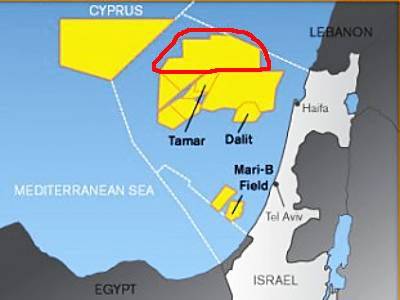WASHINGTON, Jan. 13, 2012 — Defense Secretary Leon E. Panetta has discussed changes in U.S. force structure in Europe with NATO allies in the region, a Pentagon spokesman told reporters today.
“There have been thorough consultations with our allies and partners throughout Europe about these decisions,” Navy Capt. John Kirby said. “The other thing that we have stressed to them repeatedly … [is] that our commitment to the alliance is unshakeable.”
Kirby’s remarks came a day after Panetta announced the U.S. Army will withdraw two brigade combat teams from Europe, while retaining a strong presence in the region with rotational units.
“Our security commitments on the continent of Europe remain vital to us, and though the permanent force presence will be smaller, our commitment to Europe and our allies and partners there will not be diminished at all,” Kirby said. “We’ll be looking at a more innovative way to answer those commitments, such as through rotational training and expeditionary requirements and that kind of thing.” Specific details on how the rotational presence will work haven’t been nailed down yet, Kirby said.
The Pentagon spokesman shared the feedback from NATO allies and partners after the defense secretary spoke to them regarding the changes.
“[NATO allies were] very grateful for having the opportunity to hear from [the secretary] directly about what our plans are,” Kirby said. “I think it’s safe to say they all understand where we’re going, what it means for them, and I think, also, very appreciative of the fact that our commitments, again, to Europe are not diminishing.
“They, too, are facing a difficult fiscal environment and changing national security requirements for their own forces,” he continued. “So I think they very much understand what we’re doing and why we’re doing it.”
Kirby also reaffirmed the Defense Department’s commitment to missile defense systems being developed in Europe and said he wasn’t aware of any changes to commitments in the region.
“We remain 100-percent committed to the missile defense system that we’ve been developing there for Europe and for the defense of our allied partners there,” Kirby said. “We’re very comfortable with the capabilities that we have and will be able to maintain in Europe to contribute to the NATO alliance and the defense of our allies.”
He also underscored the importance of maintaining some troop presence in the region.
“The continent of Europe sits astride several lines of communication and avenues of transportation and proximity to other parts of the world which are important to us and our partners,” Kirby said. “We saw [that recently] with the operations in Libya and NATO’s involvement in that how critical the support was that we received, and other partners in the alliance received, from bases in Europe. It’s still a very important part of the world.”
Source:
U.S. Department of Defense
Office of the Assistant Secretary of Defense (Public Affairs)

 von
von 